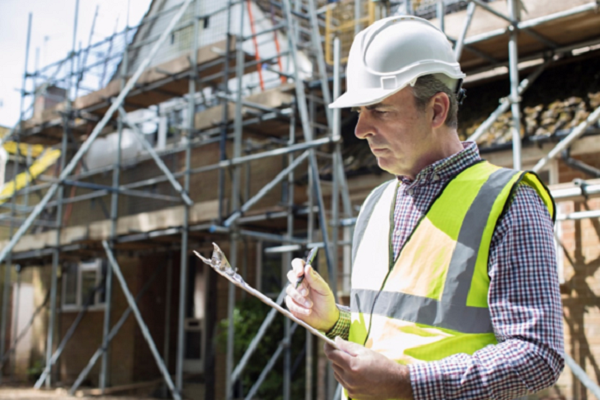The implementation of sustainable initiatives in the construction and property sectors is often viewed through a dual lens, presenting both challenges and opportunities for the job market. While there are concerns that stringent environmental regulations may limit project scopes and subsequently reduce job availability, these initiatives also drive the demand for skilled professional’s adept in sustainability practices.
As companies pivot to meet green standards, a growing need for talent in fields such as renewable energy, eco-friendly materials, and sustainable design emerges. Thus, rather than hindering the job market, sustainable initiatives can catalyse job creation in new areas, paving the way for a more resilient, environmentally-conscious workforce. Additionally, outplacement services must evolve to support displaced workers by providing coaching and training in emerging sustainable practices and technologies, ensuring that they remain competitive in this transforming landscape.
The integration of green and sustainable initiatives within the Construction and Property jobs market presents an opportunity for growth rather than hindrance. Embracing environmentally friendly practices not only aligns with global efforts to combat climate change, but also fosters innovation and enhances a company’s competitive edge. As more clients and regulatory bodies demand sustainable solutions, professionals skilled in green construction techniques and technologies are increasingly sought after.
This shift towards sustainability can lead to the creation of new job roles, driving employment opportunities within the sector. Therefore, rather than constraining the market, sustainable initiatives can act as a catalyst for job growth, professional development, and a more resilient future for the Construction and Property industries.
In addition to job growth and professional development, integrating green and sustainable practices can also have a positive impact on the overall economy. The construction industry has a significant influence on the global economy, with an estimated value of over $10 trillion. By adopting environmentally friendly practices, this industry can contribute to creating a more resilient and sustainable economy. For example, initiatives such as green building certifications not only promote sustainable construction practices but also create new market opportunities for renewable energy providers and eco-friendly material suppliers. This leads to a ripple effect of job creation and economic growth.
Moreover, implementing green initiatives in the Construction and Property industries can also reduce costs in the long run. While there may be upfront investments required for transitioning to sustainable practices, the long-term benefits far outweigh the initial costs. For instance, green buildings are designed to be energy-efficient, reducing operational costs for businesses and homeowners. This not only saves money but also reduces carbon footprint and contributes towards a more sustainable future.
In conclusion, integrating green and sustainable initiatives in the Construction and Property industries is a win-win situation for all involved. It leads to job growth, professional development, economic stability, and a healthier planet. As professionals in this field, it is your responsibility to embrace these initiatives and drive positive change within your industry. By doing so, you can collectively make a significant impact towards building a more sustainable future for generations to come.
Get in touch with INTOO today to see how we can support your organisation with our unique Outplacement services.

